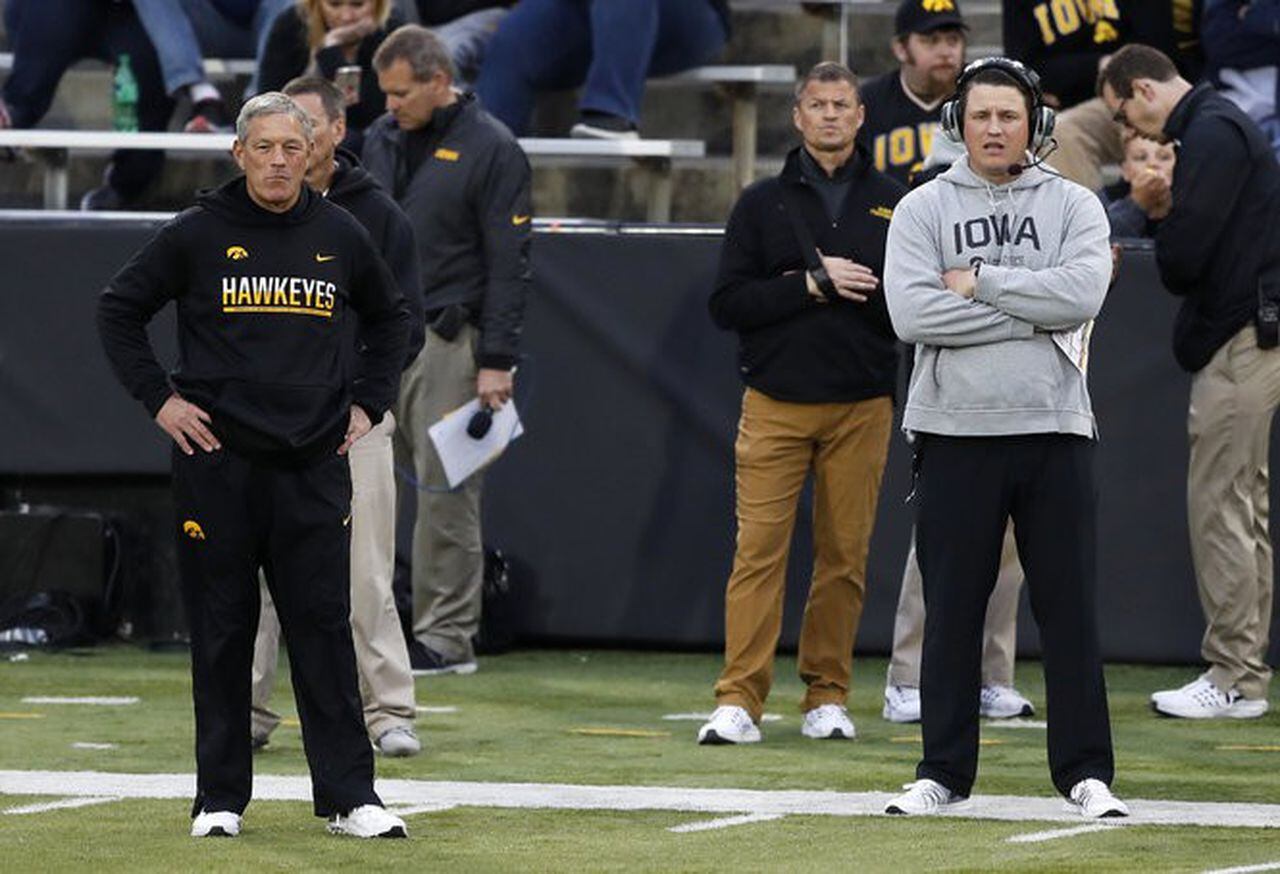Coaching is an integral part of any sports team, providing guidance, motivation, and strategic direction. However, in recent years, there has been a concerning trend of immature coaches who prioritize their own ego and personal agenda over the well-being and development of their players. This article aims to shed light on this issue, exploring the detrimental trend of immature coaching on sportsmanship and player growth.
The Erosion of Sportsmanship
Sportsmanship is a fundamental value that should be instilled in athletes from a young age. It encompasses respect, fair play, and integrity both on and off the field. Unfortunately, immature coaches often exhibit behavior that undermines these principles. They may engage in unsportsmanlike conduct themselves, such as berating officials or opposing players. Moreover, their lack of respect for opponents can trickle down to their players, fostering a toxic environment where winning becomes the sole focus, overshadowing the importance of fair play.
Furthermore, immature coaches may encourage their players to engage in unsportsmanlike behavior. They may condone trash-talking, cheap shots, or other unethical tactics to gain an advantage. This not only tarnishes the reputation of the team but also hinders the personal growth of the athletes involved. Instead of learning valuable life lessons about respect and integrity, these players are taught that winning at all costs is more important than playing with honor.
Stifling Player Development
Coaches play a crucial role in the development of athletes, both in terms of skill acquisition and character building. However, immature coaches often prioritize short-term success over long-term player development. They may focus solely on star players, neglecting the growth and potential of other team members. This favoritism not only undermines team cohesion but also hampers the progress of those left on the sidelines.
Moreover, immature coaches may lack the necessary knowledge and expertise to effectively develop their players’ skills. They may rely on outdated coaching methods or fail to adapt their strategies to suit individual needs. This one-size-fits-all approach stifles the growth of athletes who require personalized attention and guidance. As a result, players may become frustrated, lose confidence, and ultimately abandon their passion for the sport.
The Impact on Mental Well-being
Sports should be an enjoyable and positive experience for athletes, fostering personal growth and mental well-being. However, immature coaches can have a detrimental impact on their players’ mental health. Their constant criticism, belittlement, and unrealistic expectations can lead to increased stress, anxiety, and even depression among athletes.
Furthermore, immature coaches may employ negative reinforcement techniques, such as public humiliation or excessive punishment, to motivate their players. This not only damages self-esteem but also creates a hostile and demoralizing environment. Athletes who are subjected to such treatment may develop a negative association with sports, leading to a decline in their overall mental well-being.
The Need for Change
To address the issue of immature coaching, it is crucial for sports organizations and governing bodies to take action. Implementing stricter guidelines and codes of conduct for coaches can help ensure that they prioritize sportsmanship and player development over personal gain. Regular training programs can also be introduced to enhance coaches’ knowledge and skills, enabling them to provide a positive and nurturing environment for their athletes.
Additionally, parents and athletes themselves can play a role in combating this trend. By speaking up against inappropriate behavior and supporting organizations that promote ethical coaching practices, they can help create a culture where immature coaching is not tolerated.
Conclusion:
The trend of immature coaches poses a significant threat to the values of sportsmanship and player development. Their behavior erodes the principles of fair play and respect, hindering the growth of athletes both on and off the field. It is imperative that steps are taken to address this issue, ensuring that coaches prioritize the well-being and development of their players. By fostering a positive and nurturing environment, we can create a future where sportsmanship and personal growth are at the forefront of athletic endeavors.

